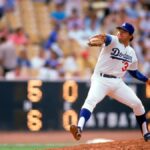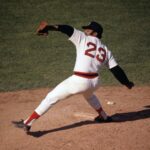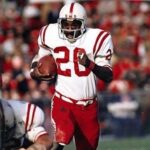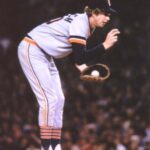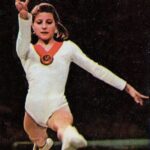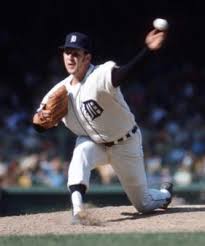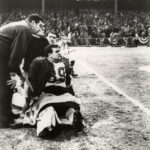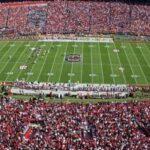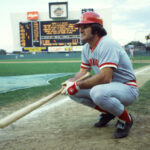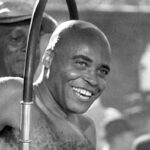Tony Oliva: Hall of Fame Worthy
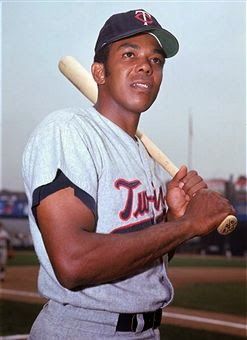
Cuba is known for producing great baseball talent and there has arguably been no one from the island better than the Sports Then and Now Vintage Athlete of the Month.
Before injuries cut short his Hall of Fame worthy career, Tony Oliva was one of the best hitters in baseball and combined with Hall of Famers Rod Carew and Harmen Killebrew to make the Minnesota Twins a perennial American League contender during the late 1960s.
Discovered on the baseball fields of Cuba by a Minnesota Twin scout, Oliva came to the United States in 1961 and within three years the American League Rookie of the Year.
His instant success as a hitter at the major league level wasn’t a huge surprise given that Oliva hit .438 (7 for 16) during brief late-season call-ups with the Twins in 1962 and 1963. In addition, Oliva hit .410 while playing for the class-D Wytheville Twins and later hit .350 with 17 home runs and 93 RBI for class-A Charlotte.
When he finally was given a full shot at the major league level, Oliva quickly showed that he could consistently produce at the highest level. He won his first AL Batting Crown with a .323 average while also leading the league with 109 runs scored, 217 hits, 43 doubles and 374 total bases.
The following season, Oliva again led the league in batting average and hits while finishing second in the AL MVP race. The Twins won the American League crown and took the Los Angeles Dodgers to seven games before falling. Oliva had a home run, two RBIs and hits in four of the seven games, but finished the series with a .192 average.
For the first eight years of his career, Oliva was a regular All-Star selection and consistently among the league leaders in hits and batting average. He received MVP votes each season, four times in the top 10, and finished second in the MVP voting for the second time in 1970.
The Twins won the AL West Division during the first two years of division play in 1969 and 1970. Though they lost the AL Championship Series both years to the Baltimore Orioles, Oliva was a standout performer, hitting .385 in the 1969 playoffs and .500 in 1970. In the two series, he had a combined slugging percentage of .840 and OPS of 1.302.
Oliva led the AL in hits five times, doubles four times and in 1971 won his third AL batting title. In 1971 Oliva also led the league with a .546 slugging percentage.
Unfortunately, injuries would soon take their toll on the hitting star. A combination of knee, leg and shoulder injuries plagued him for the latter stages of his career. He played in only 10 games in 1972 and then in 1973 took advantage of the new designated hitter rule to stake claim to that position for the Twins.
He had productive seasons in 1973, 1974 and 1975, but was no longer an elite performer. After playing in 67 games and hitting a career low .211 in 176, Oliva retired as an active player.
At his peak, there is no argument that Oliva was a Hall of Fame caliber player. However, because he played only 11 full seasons, Oliva’s career statistics fall below those who have earned spots in the Hall of Fame.
He finished his career with a .304 batting average, 870 runs, 1,917 hits, 329 doubles, 220 home runs, 947 RBI, .476 slugging percentage and .830 OPS.
Oliva never earned more than 47% of the votes (75% needed for induction) from the writers during his time on the Hall of Fame ballot. He has come very close to being chosen by the veteran’s committee, but has not yet earned the required votes.
With the puzzling selection in 2019 of Harold Baines to the HOF, there is now hope that Oliva will soon earn induction. Baines is the total opposite of Oliva as his individual season totals were never among the top in the league (Baines led the league in a statistical category one time in 22 years while Oliva topped the league in eight different statistical categories – a total of 17 times – during his career). However, because he played a total of 22 seasons, Baines has cumulative career totals, most especially 384 home runs, 1,628 RBI and 2,866 hits that look like HOF worthy numbers.
Hopefully, HOF voters will eventually recognize that while Oliva didn’t have as long of a career as Baines and others who are enshrined in Cooperstown, during his prime Oliva was better than most and deserving of his own plaque in the Hall of Fame.
